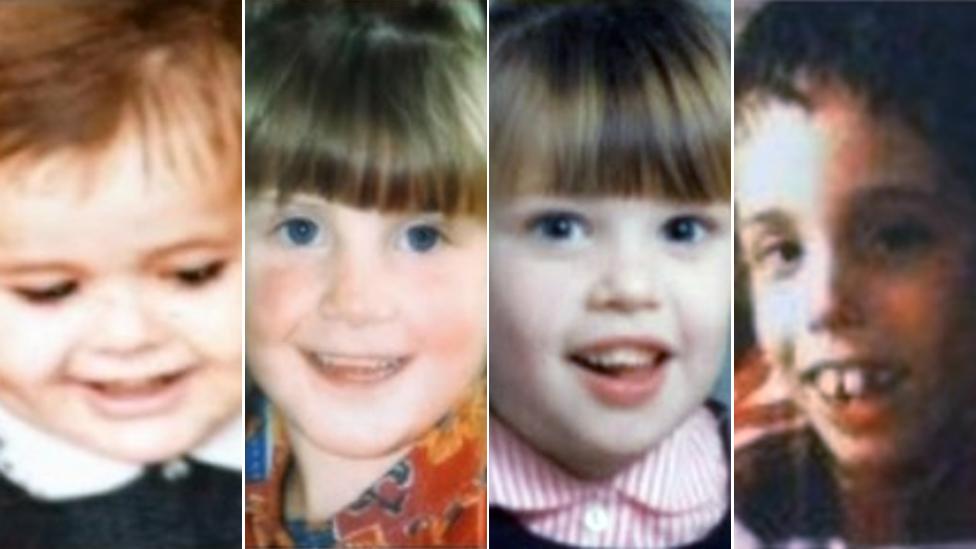Northern Ireland 'duty of candour' health law could take four years
- Published

The Duty of Candour law would mean all healthcare staff must be open and honest in all their dealings with patients and the public
It could take up to four years for Northern Ireland to introduce a law around openness and honesty in health and social care.
A duty of candour was one of the 96 recommendations from the inquiry into hyponatraemia-related deaths.
The 14-year inquiry into the deaths of five children in Northern Ireland hospitals found four were avoidable.
Three years on from the report, the Department of Health is launching a consultation on a duty of candour.
It will open on 12 April and run for 16 weeks.
It is unlikely new legislation on the issue would be passed during the current mandate, so it would then fall to a new Northern Ireland Assembly after elections in 2022.
If it were to become law, it would mean every healthcare organisation and all people working for them must be open and honest in all their dealings with patients and the public.
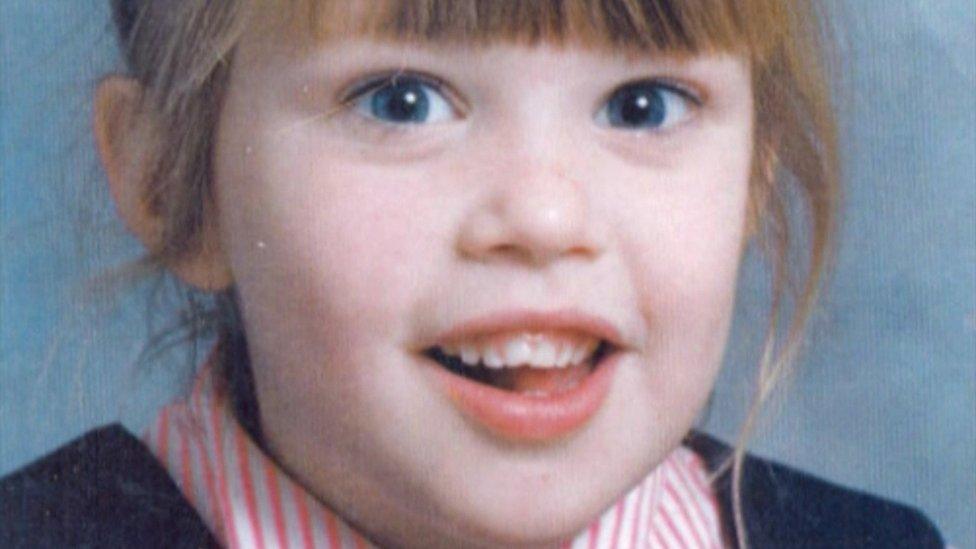
Nine-year-old Claire Roberts died in the Royal Hospital for Sick Children in 1996
The father of one of the children who died, nine-year-old Claire Roberts, told BBC News NI that any delay or postponement in the implementation of this key recommendation was "totally unacceptable".
Alan Roberts said the delay was "frustrating" and raised further questions about the department's responsibility to "ensure public safety and public confidence with regard to openness and transparency within the health service".
Addressing a committee of MLAs, Department of Health official Donna Ruddy said the duty of candour would "create a legal responsibility for all healthcare organisations and individual staff to be honest when things go wrong".
However Sinn Féin committee member Carál Ní Chuilín said: "I find it the most unambitious, disappointing, defensive response to an inquiry that dealt with the untimely death of children that I have ever seen.
"I know this is the first of its kind but I think it's, frankly, a disgrace."
Ms Ruddy rejected the criticism and said that taking more time would lead to a better outcome "because we have heard the views, we have brought people along".
She said the department had engaged with the families named in Justice O'Hara's report "according to their preference".
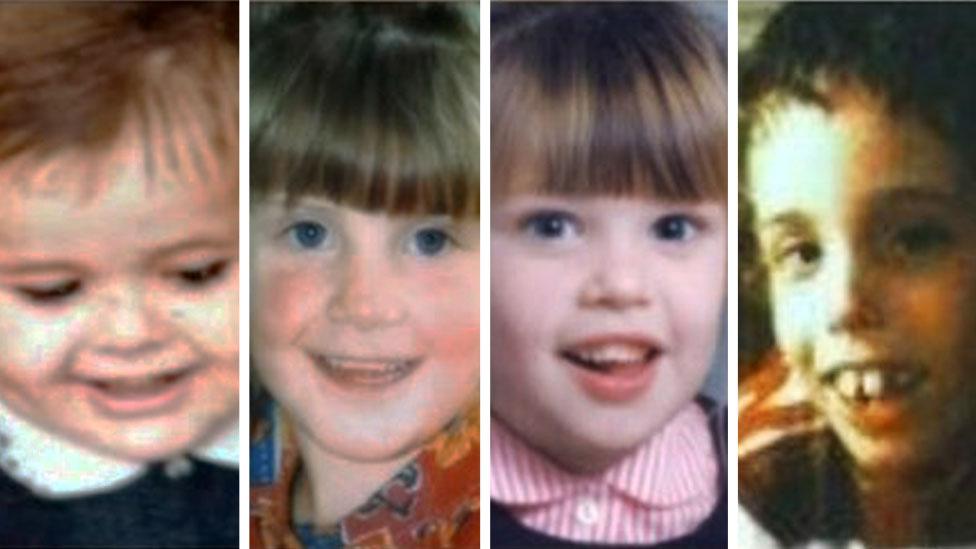
Adam Strain, Raychel Ferguson, Claire Roberts and Conor Mitchell. Lucy Crawford's family chose not to release a photograph
In a written statement to the assembly, Health Minister Robin Swann again apologised to the families whom he said "were badly let down not just by the care provided but subsequently".
Mr Swann said the inquiry into hyponatraemia-related deaths is an extremely significant piece of work with implications for all parts of the health and social care system.
He added it was unfortunate that there had been a degree of "misunderstanding in the public domain" with regard to its implementation.
Mr Swann described the document as "landmark" and said it is the foundation for lasting improvements in governance safety and transparency within the health and social care system.
But the minister said the pandemic and the absence of a health minister for a significant period when Stormont fell had hampered progress.
Mr Roberts, however, said he was deeply unhappy with the speed of which it is being rolled out.
He said the principle recommendation within Mr Justice O'Hara's report is for a statutory duty of candour in Northern Ireland with criminal liability attached to breaches of this duty.
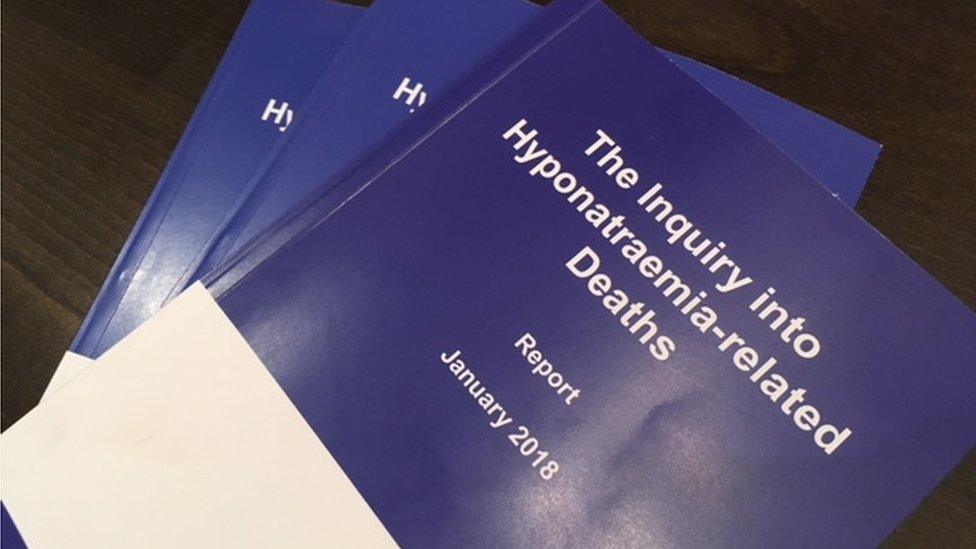
The hyponatraemia inquiry was set up in 2004 and made 96 recommendations including a Duty of Candour law
Addressing recent concerns raised by some of the families in the media Mr Swann said that it was "unfortunate that a distorted narrative had been propagated by some in recent times".
"For the benefit of any doubt, I reiterate that the Department of Health and the wider health and social care system have at no time disputed the contents of the report."
In his statement, Mr Swann said some confusion appeared to have arisen in relation to the criticism of individuals in the Public Inquiry Report.
Mr Swann pointed to cautions which Mr Justice O'Hara himself recorded when he added that individuals who have been criticised were unable to defend themselves as they might in adversarial proceedings and were circumscribed in their right to make representations.
Related topics
- Published31 January 2018
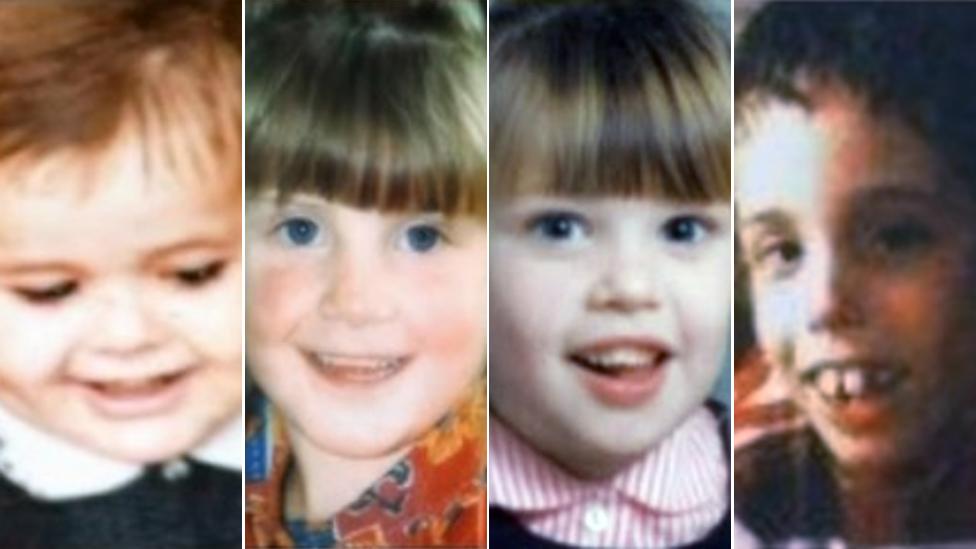
- Published14 January 2021
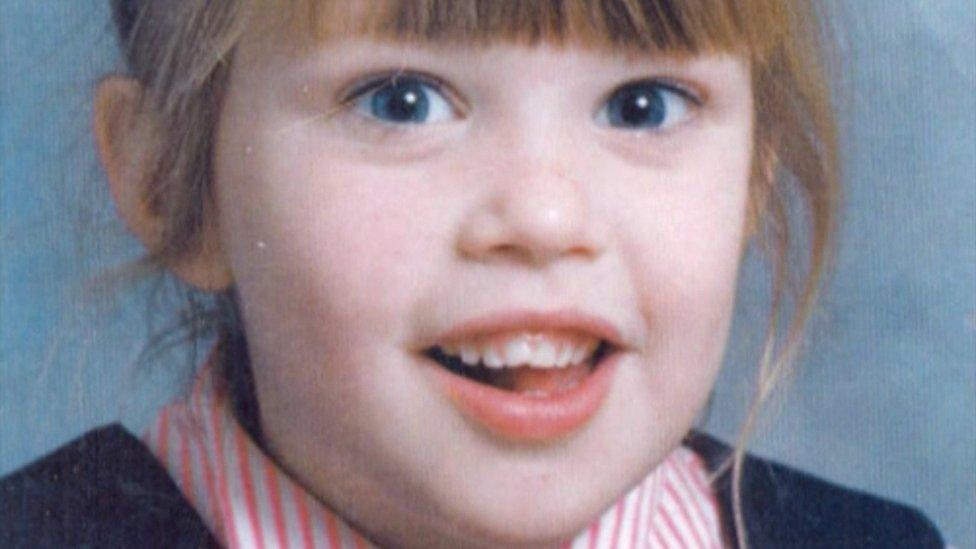
- Published8 May 2018
